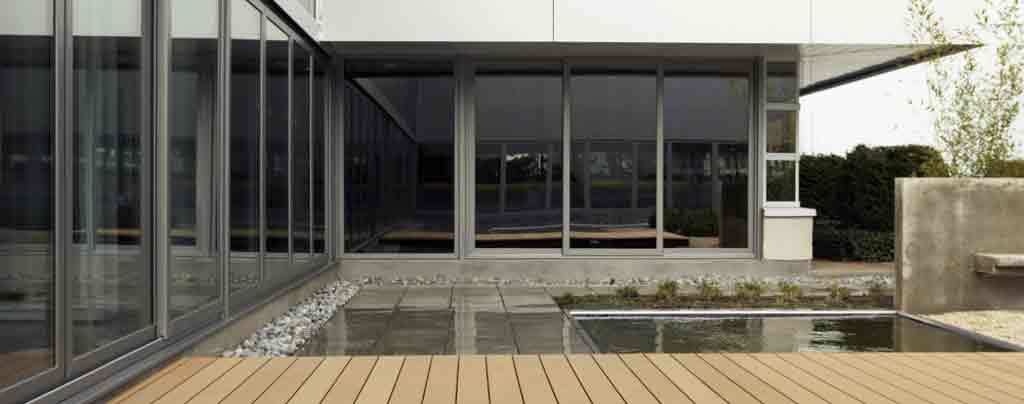All Categories
Featured
Table of Contents
Why Is Double Glazing So Important In Winter? in Jolimont Perth
That window can transfer more solar heat in winter than in summer. A west-facing window on a summer season's afternoon has an angle of incidence from near 0 approximately 30 with a big reliable location of solar radiation. A north-facing window, in summertime, has a high angle of incidence and a low reliable area of solar radiation, so can transfer less heat than a west-facing one.

However you can rapidly and quickly enhance the thermal efficiency of your home by replacing your windows. This is among the most efficient techniques of remodelling to achieve better thermal comfort. There are thousands of kinds of glass and frames to pick from. Picking the right ones is essential to enhancing the energy performance of your house.
Double Glazing in Marmion WA
There are various types of glass products to pick from. Single glazing utilizes a single pane of glass. Single glazing with clear glass is not very effective when it concerns heat loss or gain. To improve efficiency, you can utilize single glazing with a more energy-efficient type of glass such as low emissivity (low-e) glass.
The energy efficiency of IGUs also depends on: the properties of each layer of glass. Various glass types (for example, clear and low-e glass) can be put together in an IGU.
Double Glazed Windows Sydney & Replacement Windows in Kensington WA

IGU cavities can be filled with air or a more inert, low-conductivity gas such as argon the width of the cavity. Wider cavities supply lower (better) U values, with 12mm usually accepted as the favored gap how well the cavity is sealed.
If argon is set up to the cavity in place of air, moisture is reliably left out the level of desiccant (drying representative). The spacer (metal or polymer strip) that separates the glass layers contains a desiccant to soak up any moisture. Insufficient desiccant might cause moisture to condense on the glass surface in cold conditions, reducing thermal performance.
Glazing And Glass Options - Smarter Homes in Swan View WA
IGUs can deliver better energy efficiency for all environments, especially in heated and air-conditioned houses. Cross-section information of single, double and triple-glazing systems Low emissivity glass (frequently understood as low-e glass) lowers heat transfer. Low-e glass may be either high or low transmission: High transmission low-e glass has a finishing that allows daytime from the sun to enter your home to attain great solar heat gain, but reduces the amount of the long wavelength infrared heat that can leave back through the window.
Low-e glass has either a pyrolytic finish or a vacuum-deposited thin movie metal covering. Pyrolytic coatings are long lasting and can be utilized for any glazing; vacuum-deposited coatings are soft and are just used within IGUs. Low-e coverings can significantly improve both U value and SHGC; however, they must be utilized properly or they will either degrade or stop working to perform as required.
Double Glazing - Albury - Twin Cities Glass in Gooseberry Hill Western Australia
Low-e coatings can be utilized in combination with clear, toned or reflective glass. Low-e finishings on glazing can decrease heat transfer where needed Image: Department of Market, Science, Energy and Resources Toned glass has actually colouring additives included throughout manufacture. It is offered in numerous colours, generally bronze, grey, blue and green.
Latest Posts
How To Upgrade Your Garden's Summer House For Year- ... in Hilton WA
When Is The Best Time Of Year To Replace Windows? in Hovea Western Australia
Sustainability in Coolbellup Perth